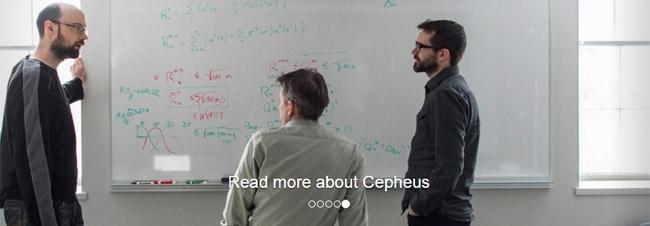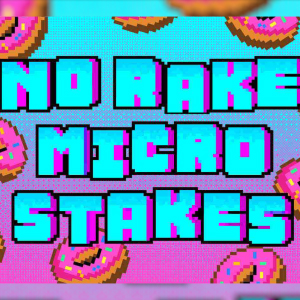Scientists Design Unbeatable Limit Hold’em Software?
10 years ago

09 Jan
According to a study published in the magazine ‘Science,’ scientists have finally devised unbeatable Limit Hold’em software. The results of the study show that heads-up Limit Hold’em has been solved and that the machine is able to play nearly perfect poker.
A program named ‘Cepheus’ plays a game that is so close to optimal that it cannot be defeated by a human player. In the long run, the computer will always win, or at the very minimum, break even, maintain the authors of the study.
Poker has proven to be quite a challenge over the years, as scientists have really been struggling to devise a computer program that could outplay a good human opponent in the long run. The reasons for this are to be found in the game’s complexities and the number of variables that are nearly impossible to predict. Unlike checkers or even chess, poker is a game of incomplete information, so the possible scenarios make it difficult to anticipate what may happen next.
We had this training phase where the program started off playing uniform random against itself," meaning that "it had no idea what it was doing other than following the rules of the game." www.theverge.com;Michael Johanson, one of the co-authors of the study, explained that the program works in such a fashion that it searches through a huge database of pre-computed situations to find the right move for any possible situation. As one can imagine, building such a base was a big undertaking. The computer played against itself and got better with time.
If it decides to play randomly, and loses money, then it goes back and computes how much money it would have won if it had raised instead." www.theverge.com;The training phase took 70 days to complete and 200 computers equipped with 32 GB of RAM, and 24 CPUs each were used. Over the course of that period, the machine played itself and learned from its mistakes, making a note (‘regret value’) every time it could have made a better play.
After the seventy-day period, they stopped the process, as the machine’s game approached such perfection that it was impossible to tell it apart from the actual perfect. In fact, the creators believe that anything the program could learn from this point on would bring barely any value to its overall game.
Michael Bowling, another co-author of the study, and a team of scientists started working on developing heads-up limit software capable of defeating human players back in 2003. They were partially successful when ‘Polaris’ was able to win three out of six games against some of the top pros in 2008.
After that, the next logical step was aiming to create software that plays perfect poker. Although deterred at first by the size of the project, the team decided to go for it and although it took 520 terabytes of data, they came up with the solution.
Bowling says that the next challenge will most likely be trying to solve No Limit Hold’em, but he is aware that it could be nearly impossible due to the game’s complexities. However, he does believe that they could devise a piece of software capable of beating the best human players.
We’ll see if they will be successful and how long it will take them, but in the meantime, you can check out ‘Cepheus’ at the University of Alberta pages.






Comments
You need to be logged in to post a new comment